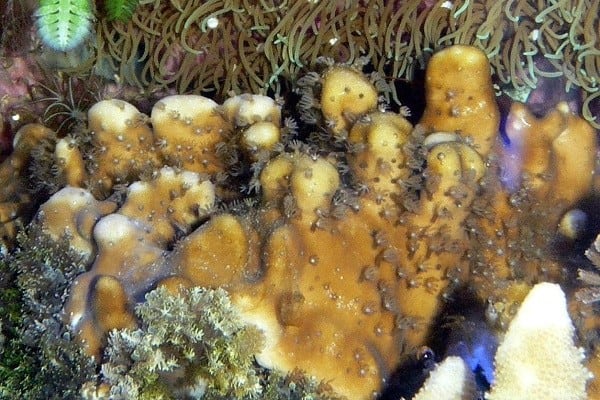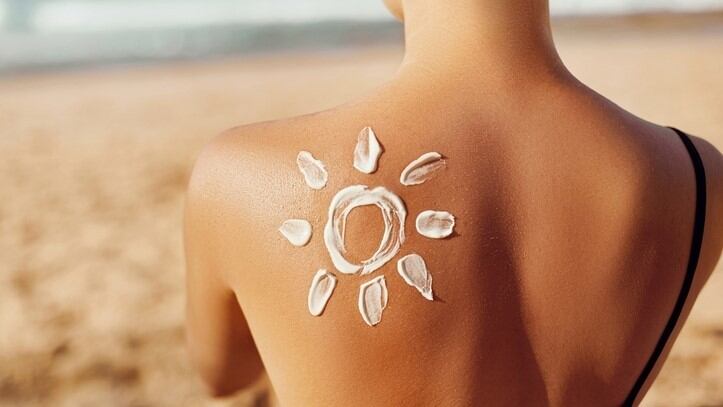The rise in environmental consciousness has led to significant public, scientific and government interest in the effect sun care products have on the marine ecosystem.
This has resulted in sunscreen ingredient bans taking effect in locations such as Hawaii, Palau and Thailand, there is widespread belief that UV protection compounds have a detrimental impact on marine organisms such as corals.
In light of this, several ‘ocean safe’ sunscreens have arisen, including those from beauty and personal care majors such as Shiseido and Kao.
However, in February, CosmeticsDesign-Asia reported that Kosé conducted a study and concluded that seven UV protection agents did not pose a threat to corals.
The Japanese maker of sun care brand Suncut claimed that it had established a method that can evaluate the effect of sunscreen ingredients on corals.
Such conflicting information is causing significant confusion for beauty consumers. From a skin health perspective, sunscreens play a critical role in the fight against skin cancer and experts strongly advise against not using it.
Bans keep hands tied
Furthermore, more bans on sunscreen ingredients could disadvantage sunscreen formulations and their ability to protect skin from UV damage, said Dr John Staton, Scientific Director of SciPharm and highly regarded sunscreen expert.
“If you remove oxybenzone from the formulation, then your major primary UVA protective is gone. If you went down that pathway, you would have an issue with either totally unstable sunscreens which we don't want, or not being able to use probably the cheapest, best, and most widely used UVA absorber that we have,” said Staton.
The reality is that we still know very little about the effect sunscreen ingredient have on our environment, Staton told CosmeticsDesign-Asia.
“I think the committee's still out on it. As far as I'm aware, I haven't seen any position finalised by PCPC in the US who were the people who've had the most effort involved… From the industry's point of view, they’re really just saying, please give us more evidence that's the situation.”
Staton has previously suggested that the water-resistance of sunscreen formulas helps to prevent any significant impact of the chemicals to coral life.
To better understand this controversial topic and its implications check out our interview with Dr Staton above.




